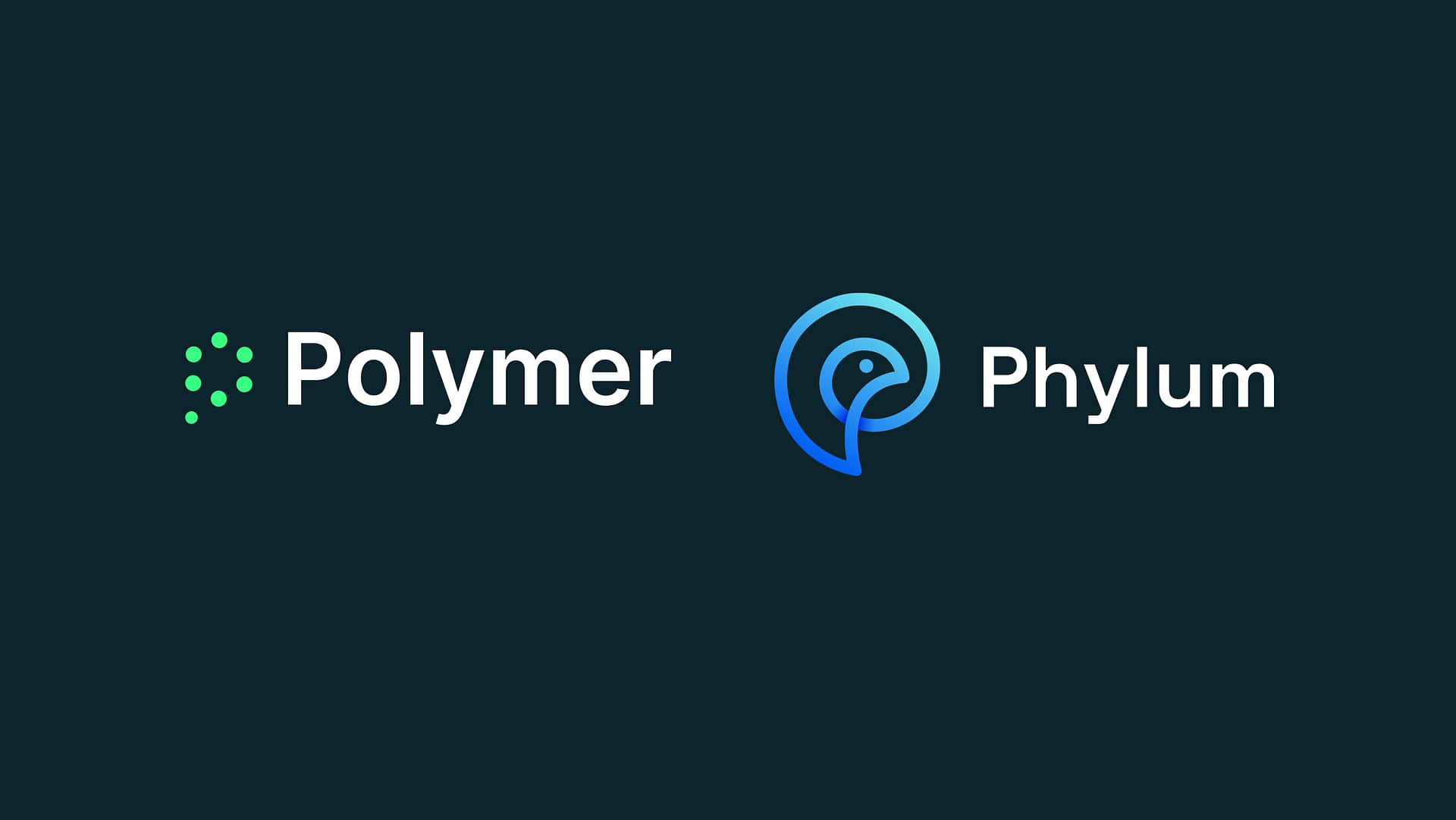It’s a well-known fact in the security community that compliance and privacy should be built into operations, software and culture from the ground up. While organizations that have been around for decades don’t have the luxury of doing this, startups are perfectly placed to bake in compliance from the outset.
Curious how to do it? Let’s dive in.
What is compliance?
As defined by Gartner, compliance is the “process of adhering to policies and decisions. Policies can be derived from internal directives, procedures and requirements, or from external laws, regulations, standards and agreements”.
Compliance is much more than a nice to have. It’s a necessity, guided by regulatory procedures that startups must follow to operate legitimately. Moreover, adherence to voluntary compliance standards, like SOC 2 or ISO 27001, is often a competitive differentiator, helping startups to attain trust from partners, prospects and customers.
Lastly, it’s vital to remember that compliance, ultimately, empowers startups to effectively safeguard the security and privacy of the sensitive data they store, process and transfer.
But achieving compliance isn’t easy. As data privacy has become a global issue, regulators have cracked down on firms that violate legal requirements. In line with this, there has been a 45% rise in the cost of non-compliance since 2011.
For startups, which are often resource-stretched, achieving and managing compliance initiatives is undoubtedly a challenging task – especially when we consider that different standards each have unique, specific requirements. This means that being compliant with one standard doesn’t necessarily mean you are compliant with another.
The risks of non-compliance
Research shows that organizations lose an average of $4 million in revenue due to a single non-compliance event. For agile, growing startups, a single compliance violation could have significant, long-term damage.
Moreover, non-compliance is more than just a fine. A startup’s reputation, customer relationships and supplier ecosystem could all be negatively impacted. On the flipside, when companies are proactive about compliance, they are more likely to experience fast, sustainable growth and build long-term, strong customer relationships.
So, what does compliance look like in practice? What frameworks do you need to be aware of? Here’s everything you need to know.
Well-known compliance frameworks
There are many compliance frameworks out there; some mandatory, some voluntary. The compliance frameworks you adhere to will depend on the sector you operate it, along with your strategic business and IT goals.
SOC 2
SOC 2 is an acronym for Service Organizational control II. The standard helps organizations to protect customer data by adhering to a selection of best practices. SOC 2 is not prescriptive in that it doesn’t mandate what tools organizations should use, but instead describes criteria companies must meet.
To achieve this standard, organizations must pass an audit from a third-body firm, accredited by the American Institute of Certified Public Accountants (AICPA).
If your organization plans to store customers’ personal data, SOC 2 is a good idea.
ISO 27001
ISO 27001 is an international standard for information security, designed to help organizations protect their data by creating an Information Security Management System (“ISMS”). The ISMS empowers businesses to identify, analyze, manage and mitigate the potential risks to their corporate data.
Organizations can achieve certification to ISO 27001 as a means of assuring customers, prospects and partners that their data security controls reach an internationally-recognized level.
Often, ISO 27001 can help companies to boost their credibility and reputation. However, achieving the standard is far from a walk in the park. It takes time, dedication and resources to implement the necessary controls – but the resultant levels of security are worth the effort.
HIPAA
HIPAA is a federal law in the United States. It mandates security and privacy standards around patient health information both in paper and digital forms. HIPAA is enforced through the HIPAA Privacy Rule, which puts measures in place over how patient data must be treated. The HIPAA Security Rule focuses on protecting the confidentiality, integrity, and availability of all electronically protected health information.
PCI
PCI DSS stands for the Payment Card Industry Data Security Standard. It is an information security standard with requirements for companies that accept, process, store or transmit credit card data. The aim of the standard is to ensure that these merchants maintain a secure credit card ecosystem.
PCI DSS is managed by the PCI Security Standards Council, an independent organization that was created by well-known financial brands like Visa, MasterCard, American Express and more..
General Data Protection Regulations (GDPR)
The EU General Data Protection Regulation (EU GDPR) is the first landmark data privacy law, which came into effect in 2018. This law set the standard for countries across the world to review how they approach consumer privacy, and put in place accurate safeguards.
If you process the data of EU citizens, then this law applies to you – regardless of where you’re based. The crucial elements of the GDPR are:
- Lawful, fair and transparent processing of data
- Limitation of purpose, data and storage
- Data subject rights
- Privacy by Design
- Data Protection Impact Assessment
- Data transfers
- Data Protection Officer
- Awareness and training
California Consumer Privacy Act (CCPA)
The CCPA is a regulation that gives California residents more rights over their personal data: personally identifiable information (PII) or protected health information (PHI).
Under the regulation, California citizens have the following rights to:
- Access their personal data
- Understand what data about them a company uses, stores or shares
- Prohibit companies from selling their data
- Ask for businesses to delete their information
The CCPA applies to your organization if you use, store or transfer any personal data relating to citizens in California, and you meet the following requirements:
- Achieve a revenue of at least $25 million per year
- 50% of your revenue is obtained from selling personal data
- You process the data of more than 50,000 individuals for commercial usage
How to meet compliance obligations
Complying with various data privacy laws can seem like a headache – but it is possible if you invest in the right tools. This is where data loss prevention solutions like Polymer DLP come in.
DLP is a set of tools that works to identify, classify and protect sensitive information as it travels through your organization. DLP supports compliance in a number of ways, including:
- Helps you discover where personal data is located, including in SaaS applications
- Deletes and encrypts sensitive data as needed to meet compliance requirements
- Prevents unauthorized access to sensitive information
- Stops data tampering, data leakage and data breaches
- Enforces compliance policies and maintains data security standards
- Educates users on compliance violations to build a culture of compliance









